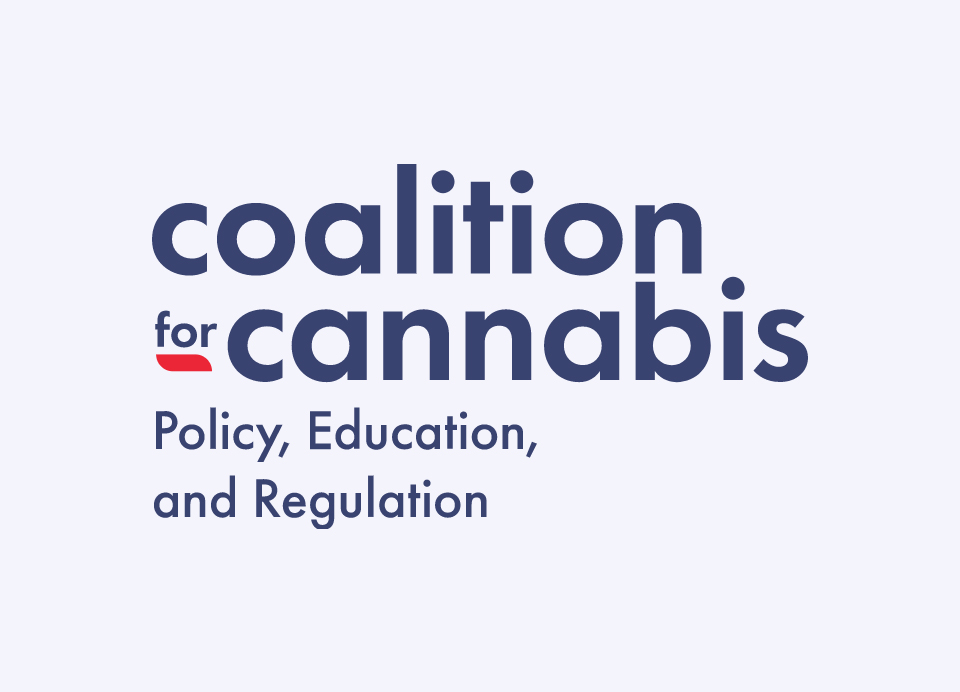
April 30, 2024
CPEAR Applauds the U.S. Drug Enforcement Administration’s Reported Decision to Recommend Historic Rescheduling of Cannabis
WASHINGTON, D.C. – Today, in a groundbreaking move, the U.S. Drug Enforcement Administration (DEA) has reportedly recommended moving cannabis from a Schedule I to a Schedule III substance under the Controlled Substances Act.
“The federal prohibition of cannabis is centered first and foremost on its unique danger to society. The DEA has just recognized that those dangers were comparatively and empirically overblown,” stated Andrew Freedman, Executive Director of CPEAR. “It is time that the federal government got more nuanced about its approach to cannabis, especially as states legalize and Americans openly admit to using the product.”
Cannabis legalization is already supported by 70% of the population, with over half of Americans having access to state-legal adult-use cannabis. To be clear, this rescheduling holds very little practical effect on consumers or patients. But we should not ignore the importance that this is the first serious shift in tone from the federal government in the last 90 years regarding cannabis. Still, nothing short of comprehensive legislation passed by Congress will address the criminal aspect of cannabis law, nor the patchwork of state laws across the country.
In December of 2023, CPEAR endorsed the introduction of the Strengthening the Tenth Amendment Through Entrusting States (STATES) Act. This legislation would aid states that have decided to legalize medicinal and adult-use cannabis while protecting states that have decided to keep cannabis prohibited. Read more about the STATES Act here.
###
About the Coalition for Cannabis Policy, Education, and Regulation
A 501(c)(4) non-profit organization, the Coalition for Cannabis Policy, Education, and Regulation (CPEAR) works to advance comprehensive policy solutions for cannabis legalization and regulation. The Coalition strives to be a trusted, science-driven resource for lawmakers and the larger stakeholder community, developing responsible policies that provide access to cannabis while protecting consumers and patients, barring underage use, upholding public health and safety, and promoting social equity. Comprised of a diverse group of stakeholders, the Coalition brings unique perspectives to the table to thoughtfully address what a national, legal cannabis industry should look like. To learn more, visit www.CPEAR.org and follow us on Twitter.